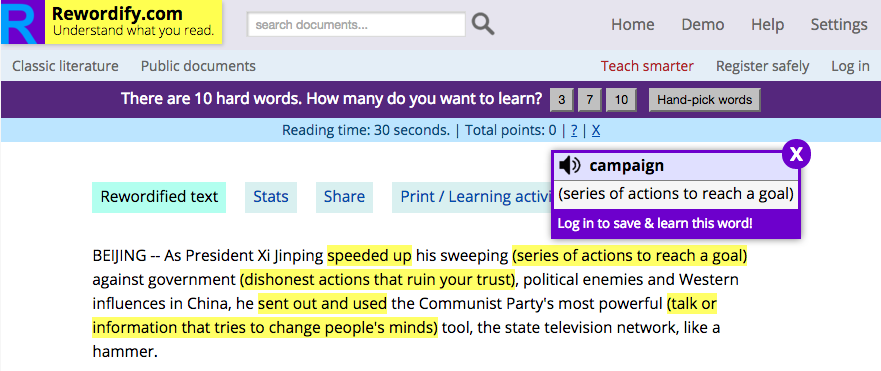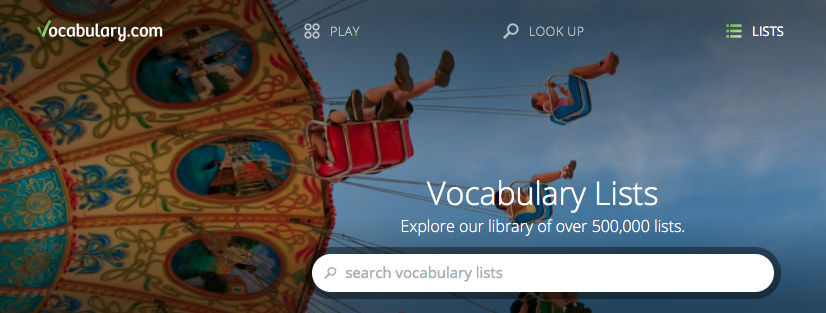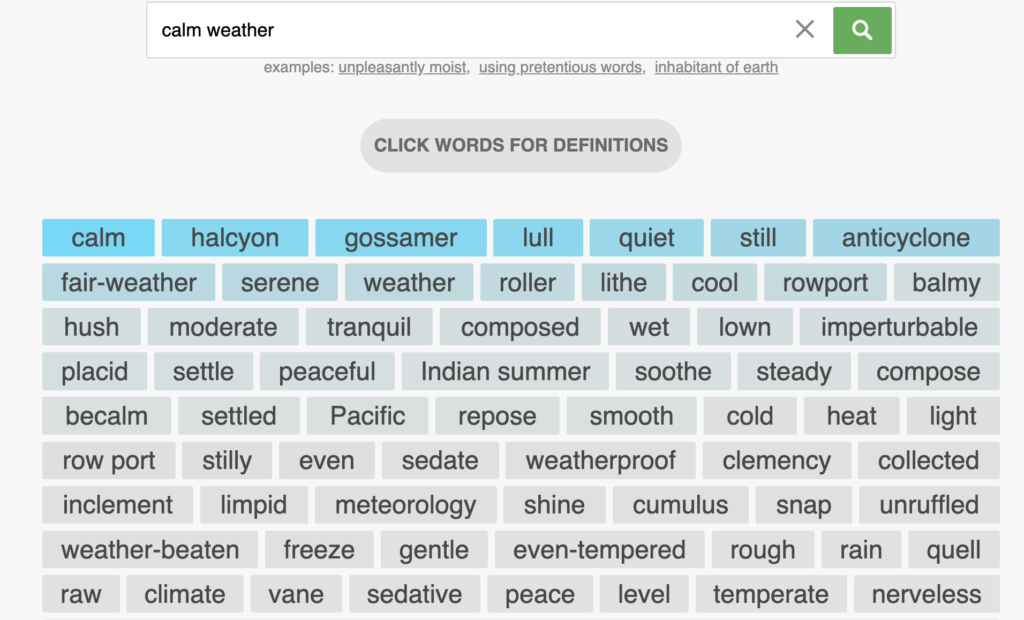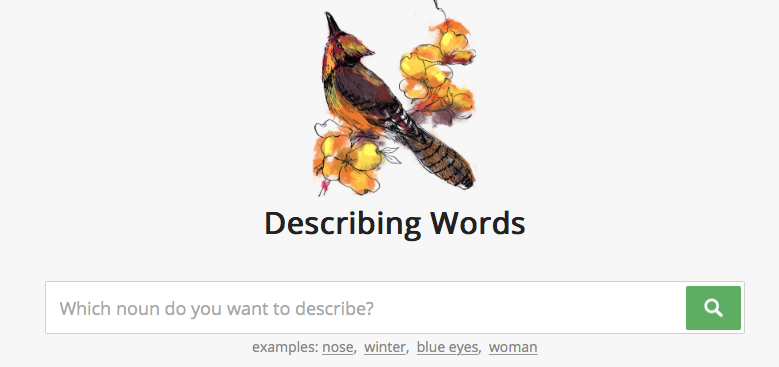The Internet is a minefield of useless websites, but sometimes you can unearth some gems. New AI applications, like ChatGPT, are making the news, with potential for useful vocabulary learning, applications for writing, the classroom, and more. For those seeking useful vocabulary websites, these 7 may just do the trick:
This website can take extracts and translate them really helpfully, from identifying complex (Tier 2 vocabulary), to creating glossaries, simplifying tricky vocabulary, and more…SEE HERE.

Newly famed, and for some notorious, this AI app is making lots of noise. It can help with vocabulary learning in a whole host of ways. It can explain academic vocabulary, generate vocabulary quizzes, translate sophisticated language into simple alternatives, produce extended writing, generate exam questions, and more… SEE HERE.

This clever US website takes famous books (particularly literary classics) and it generates some key vocabulary from those books, with related quizzes. You can explore specific vocabulary items from the books too….SEE HERE.

One of the original and best vocabulary websites. Vocabulary.com can function as a basic dictionary or thesaurus, but it really becomes interesting when it comes to its word root and morphology lists. It offers practice questions, quizzing, and spelling tests too…SEE HERE.

Do you ever have a word on the tip of your tongue? The ReverseDictionary offers a simple but powerful solution. Pop in your description of the word and it will offer you a wealth of potential words (with useful synonyms to boot)…SEE HERE.

6. Online Etymology Dictionary
The academic language of school can often be helpfully illuminated by exploring the etymology (the history) of the word. This online etymology dictionary is the original and reliable best…SEE HERE.

7. Describing Words
This simple website offers a range of descriptive words when you insert a noun into the search engine. This hunt for ‘collocations’ (words that are commonly used together) can offer a rich seam of vocabulary links for homework, story writing or descriptive writing…SEE HERE.

Useful vocabulary reading:
- ‘5 vocabulary Teaching Myths’. Too many words to teach? Too busy teaching science to tackle vocabulary instruction? This blog takes on the most prevalent vocabulary teaching myths.
- ‘Teaching Vocabulary and Mighty Morphemes‘. Wondering about how to teach word parts effectively? Want to maximise learning 20 words instead of 1 word at a time? This blog explores approaches to morphology and etymology learning.
Image rights for blog image: https://www.flickr.com/photos/feuilllu/739173692 ‘Words’ by Pierre Metivier






Comments